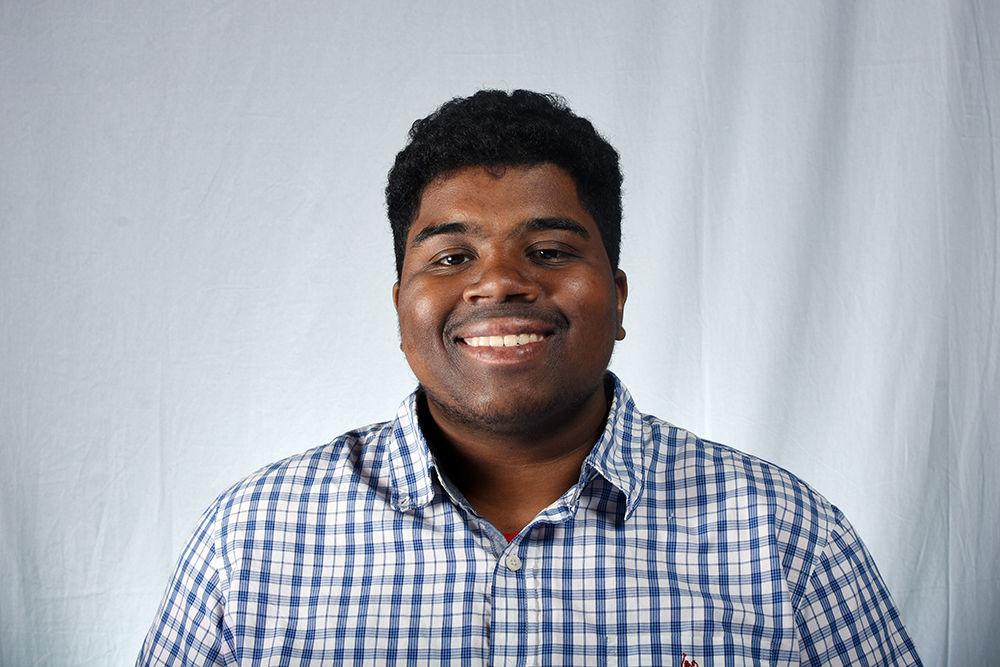The Valentine’s Day atmosphere is all around us, with constant V-Day invites, sales and flyers flooding our inboxes. That’s not to mention anxiety over getting gifts for significant others and taking that perfect couple selfie for Instagram. As with every Feb. 14, the theme of love is commercialized, skewing the meaning of what love is. With that in mind I thought I would take the reader on a journey, courtesy of the ancient Greeks.
The ancient Greeks defined several different types of love. College students will encounter these different types of loves in the many different facets of their college career. And knowing them will empower college students to love better as they go through college and after college.
The first stop on our journey is “eros,” or passionate love, otherwise known as sexual love. College is a time where, as young adults, we can freely decide to engage in consensual sex. The Greeks thought of this type of love as madness, as this type of desire can consume individuals in an unhealthy way. However, a healthy amount of sexual desire is necessary for a healthy, functional relationship to last. Just be very sure to always temper sexual desires.
Our second stop is “philia,” or the friendship type of love. Friendship is important on college campuses as it increases your sense of belonging, increases self-confidence and boosts happiness. There is also an interesting relationship between philia and eros. For Plato, a good friendship to have was between lovers for philia to feed into eros. That is, sexual love and friendship do not need to be obstacles for each other, according to Plato.
The third is “storge,” or familial love, the type of love between parents and children. While in college, students will encounter professionals and role models in their field that may function like older family members. Giving students knowledge or taking a personal interest in their success in the form of mentoring this type of love is very strong on college campuses.
Fourth is “agape,” or the love of strangers. This type of love is often linked to altruism. Student Giving Day is coming soon to our campus, during which agape love is plentiful. Throughout college, students will encounter people different from themselves so it is important to have a healthy amount of love for strangers. Agape love has many health benefits including reducing stress and negative feelings, and it can help people live longer according to the Mental Health Foundation. Students have opportunities through volunteering and donating to showcase their level of Agape.
“Ludus” is uncommitted love or, how I like to think about it, hookup love. While college students are having less sex, the culture surrounding hookups has changed. What was once considered taboo is now promoted through dating apps such as Tinder that are huge platforms for hookup cultures. College is a time during which these types of relationships are more prevalent, so college students engage in a significant amount of ludus.
“Pragma,” or pragmatic love, is where eros takes a backseat. There is more to matchmaking and compatibility than just feelings and emotions. Money and finances are a part of compatibility and when college students grow up they will learn to consider how compatible they are with their partners not just on an emotional level but a financial one as well, especially post-graduation.
Finally, “philautia,” or self-love, is the self-care type of love. Self-care has been thrown around as a buzzword in our culture recently, but it is still an ancient concept. Caring for oneself is important but indulging in too much self-care can lead an individual to narcissism which is very destructive. Narcissism can inflate someone’s ego, making them believe they are above others. While self-care is essential to a healthy lifestyle, it is a slippery slope and must constantly be monitored.
Love is an important part of life as a human being, because love is central to the human condition. Learning from the Greeks is one way to increase one’s ability to love; however, there are other ways to expand one’s proficiency with love including learning one’s love language and learning different love theories. A college is a place of learning and while we study foreign languages, psychology, politics, etc., we should also learn how to love and better ways to love in the world.














